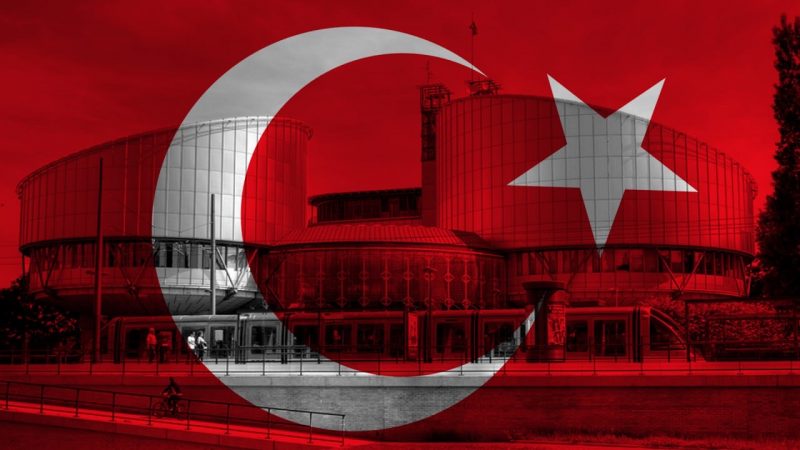Political scientist and United World International (UWI) expert Onur Sinan Guzaltan evaluated President Recep Tayyip Erdoğan’s statements targeting the European Court of Human Rights, for Sputnik Turkiye.
The original text can be read here.
The tension between Türkiye and Europe was also reflected in the field of law.
President Recep Tayyip Erdogan criticised the European Court of Human Rights with the following words: “When it comes to Türkiye, it makes a political decision (…) Right now, there is a decision made by our courts, what the ECHR said about it, what the Council of Europe said does not concern us much, it does not concern our own courts. We expect to be respected, we will not respect those who do not respect this respect.”
‘We cannot say that the ECHR’s view of Türkiye is completely independent of their politics’
UWI expert Onur Sinan Guzaltan made the following evaluations regarding President Erdogan’s statements: “We have to admit that the Turkish judicial system has flaws. The prosecution processes run very slowly. There are also many structural flaws in the judicial system of Türkiye.
That is one thing we have to face, and it is a harsh reality for us. On the other hand, Türkiye has followed a path that accepted the ECHR decisions, with its agenda of becoming a part of the European community in the end. And in this process, it took the ECHR decisions, as the highest court of verdict.
The ECHR is an institution associated with the European ideals and the European unity, and represents the European law code.
There could be some who would reject this, but it is an institution with political ties to the European ideals and unity. Therefore, it would be very naive to talk about a totally neutral ECHR, while the political relations between Türkiye and Europe/the West are deteriorating rapidly. The ongoing debates about this are basically an open expression of this situation. Deep down lie the strained relations between Türkiye and Europe. The political tensions between Türkiye and Europe are laying beneath the statements about the ECHR from Turkish officials”.
Guzaltan added “The ECHR is a product of a political process, just as the Nuremberg Trials were established after the end of the WW2, and the victorious Allies put the defeated Axis powers’ officials on trial.
There are many points where Türkiye’s judicial system is actually flawed, but we cannot say that the ECHR’s view of Türkiye is completely out of politics either”.
“The political tensions between Türkiye and Europe are what lies beneath the statements about the ECHR, from the Turkish officials”
Guzaltan finally added “The decision to recognise this court as the highest court of verdict, is the result of an agreement. Russia also made the same agreement in 1996, after the Soviet Union collapsed.
As a result, if there is an agreement, it can be annulled at the request of one of the signatories. However, this is not just about the ECHR issue, the last bridges between Türkiye and Europe are now being collapsed. They are collapsing in areas of military, trade, politics and judiciary affairs. And this issue was a reflection in the field of judiciary. This was not such an unexpected event.
After all, law is a superstructural institution, and swift changes in politics inevitably reflect on the judiciary as well as on all other areas.”









Leave a Reply